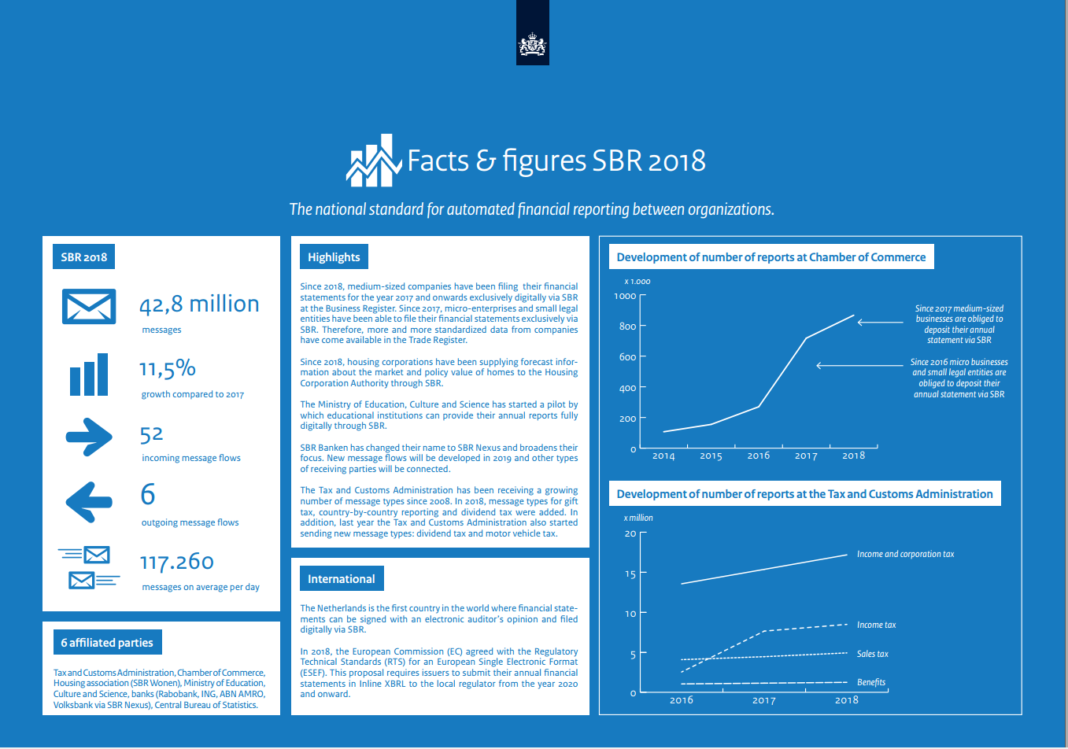Introduction:
In the business world, effective communication is paramount for success. standard business report and filetype:apk (SBRs) play a crucial role in conveying information, insights, and analyses to stakeholders. However, in the digital age, where technology is pervasive, there is also a growing concern about cybersecurity and potential risks associated with certain file types, including APK files.
Part 1: Standard Business Reports (SBRs)
standard business report and filetype:apk are comprehensive documents that provide information about a company’s performance, financial status, and other key metrics. These reports are essential tools for decision-makers, investors, and other stakeholders to assess the health and viability of a business.
Key Components of SBRs:
- Executive Summary: A concise overview of the report’s key findings and recommendations.
- Introduction: An introduction to the purpose and scope of the report.
- Methodology: Explanation of the research methods and data sources used in the report.
- Main Body: Detailed information on various aspects of the business, such as financial performance, market analysis, and strategic initiatives.
- Conclusion: Summarizes the main points and often includes recommendations for the future.
- Recommendations: Actionable suggestions based on the findings of the report.
Part 2: Risks Associated with APK Files
APK (Android Package) files are a type of file format used to distribute and install applications on Android devices. While APK files are essential for the functioning of Android apps, they also pose certain risks, especially when obtained from unofficial or untrustworthy sources.
Potential Risks:
- Malware and Viruses: Unverified APK files can contain malicious software, leading to security breaches, data theft, or damage to devices.
- Privacy Concerns: Some APK files may request unnecessary permissions, leading to privacy violations and unauthorized access to sensitive information.
- Lack of Updates: APK files obtained outside official app stores may not receive regular updates, leaving users vulnerable to security flaws.
- Legal Issues: Downloading and distributing copyrighted or modified APK files can result in legal consequences.
Part 3: Best Practices for Business Security
To mitigate the risks associated with APK files and ensure the security of business information, companies can adopt the following best practices:
- Official Sources: Download applications only from official app stores, such as Google Play, to reduce the risk of malware.
- Regular Updates: Ensure that all software and applications, including security software, are regularly updated to address potential vulnerabilities.
- Employee Training: Educate employees about the risks associated with downloading and installing unauthorized apps on company devices.
- Mobile Device Management (MDM): Implement MDM solutions to monitor and control the use of mobile devices within the organization.
Conclusion:
While standard business report and filetype:apk are vital for effective business communication, it is equally important for businesses to be aware of potential risks associated with other file types, such as APK files. By adopting best practices for cybersecurity, organizations can safeguard their sensitive information and maintain the trust of stakeholders in an increasingly digital business environment.


